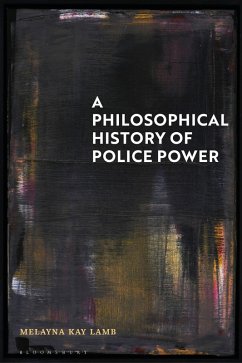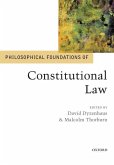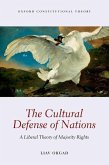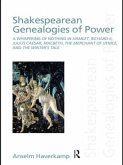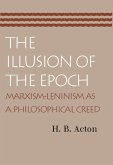Rethinking the philosophical grounds of police power, Melayna Lamb argues that traditional ideas of sovereignty and the law need to be radically re-evaluated. In placing police at the centre of analysis this book demonstrates the manner in which police power exists in a complex and overlapping relationship with sovereignty and law in a form which is not reducible to implementation. In doing this it argues for the centrality of order in any consideration of police and challenging a common narrative whereby a dynamic, interventionist sovereign power that follows from a belief of order as 'artificial' is replaced by a liberal, limited non-interventionist sovereign power that proceeds from a 'natural' order. Moving through thinkers such as Hobbes, Hegel and Adam Smith the book argues that police power is in fact an-archic in form, in a manner that makes it impossible to hold accountable through the law. Lamb adopts an interdisciplinary approach that turns to philosophy to make sense of global events that see police power at their centre. This includes the history of police brutality in the US, the structural injustices made more apparent by COVID-19 and the growing calls to abolish the police.
Hinweis: Dieser Artikel kann nur an eine deutsche Lieferadresse ausgeliefert werden.
Hinweis: Dieser Artikel kann nur an eine deutsche Lieferadresse ausgeliefert werden.

